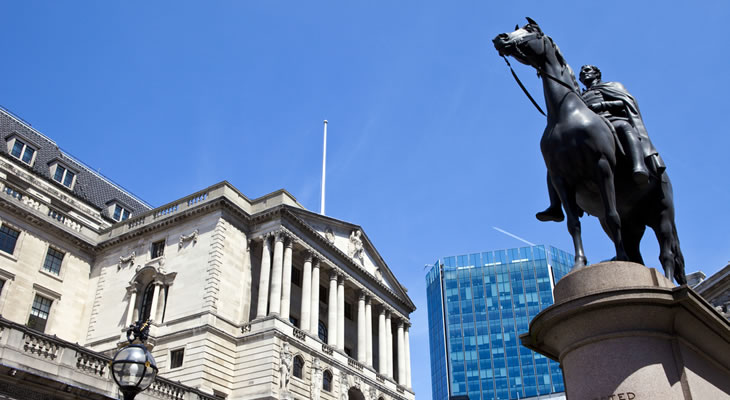GBP/AUD Exchange Rate Dented by Disappointing UK CPI Figures
The Pound Australian Dollar (GBP/AUD) exchange rate is ticking lower this morning as a lacklustre UK consumer price index stokes speculation for a Bank of England (BoE) rate cut this month.
At the time of writing the GBP/AUD exchange rate is currently trading at around AU$1.8854, slightly down from today’s opening rate.
Pound (GBP) Pressured by Lacklustre Inflation Reading
The Pound (GBP) is edging lower this morning in response to a weaker-than-expected CPI print.
According to data published by the Office for National Statistics (ONS), headline inflation unexpectedly slowed from 1.5% to 1.3% in December, the slowest pace of inflation since November 2016.
The ONS attributed the slowdown to falling clothing and hotel prices, which offset rising prices for furniture and household goods.
Most importantly for GBP investors however is the weak inflation figures are likely to increase speculation that the BoE could cut interest rates this month.
The odds of a January rate cut have surged from just 5% at the start of 2020 to roughly 50% in the past few days, as commentary from BoE members has turned notably dovish against a backdrop of disappointing UK data.
The latest BoE policymaker to throw down in the rate cut debate was Michael Saunders who was clear in his call for an immediate cut to help prop up economic growth.
Saunders said:
‘With limited monetary policy space, risk management considerations favour a relatively prompt and aggressive response to downside risks at present.’
Saunders comments come as little surprise however as he is one of two policymakers to vote for a rate cut in the BoE’s December policy meeting.
Lacklustre US-China Trade Deal to Weigh on the Australian Dollar (AUD)?
The Australian Dollar (AUD) is facing possible headwinds today amidst concerns today’s signing of a ‘phase one’ trade deal between the US and China could disappoint.
With neither side having released the full text of the deal markets fear the deal may not be as comprehensive as some had hoped.
This seems particularly pertinent following the news the US will not be reversing any of the tariffs imposed on Chinese goods as part of phase one.
Treasury secretary Stephen Mnuchin announced:
‘These tariffs will stay in place until there is a Phase two. If the president gets a Phase two in place quickly, he’ll consider releasing tariffs as part of Phase two.’
Markets fear that this once sided deal could irk Beijing and make phase two negotiations even more difficult or possibly see the initial deal unravel.


Comments are closed.